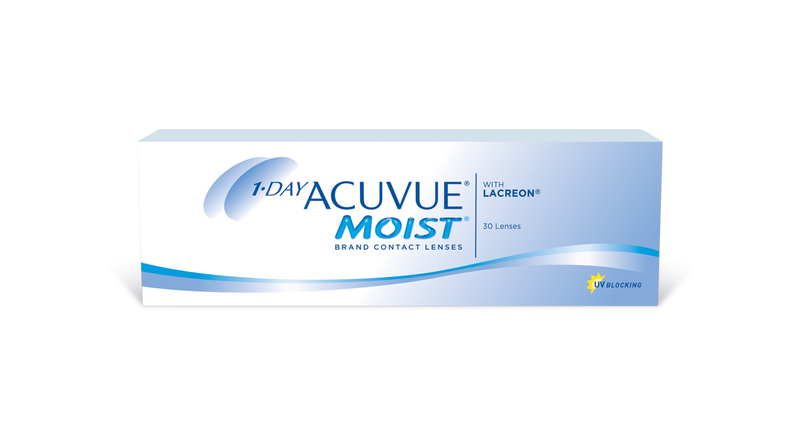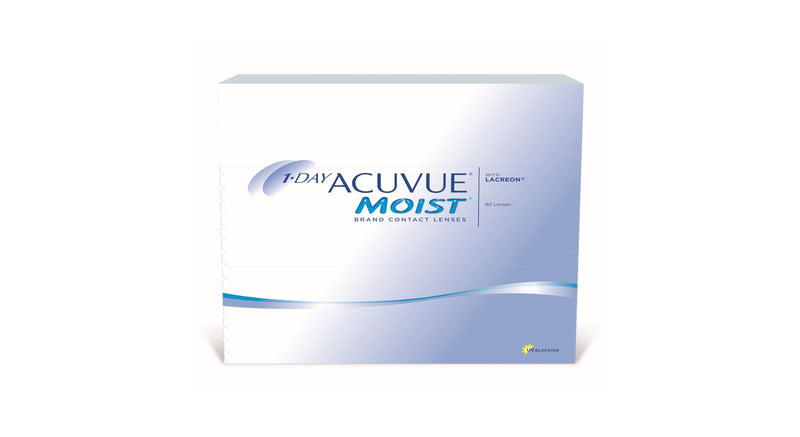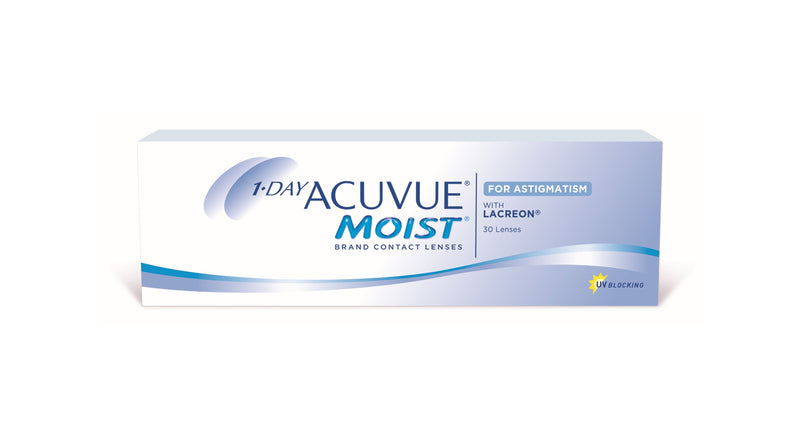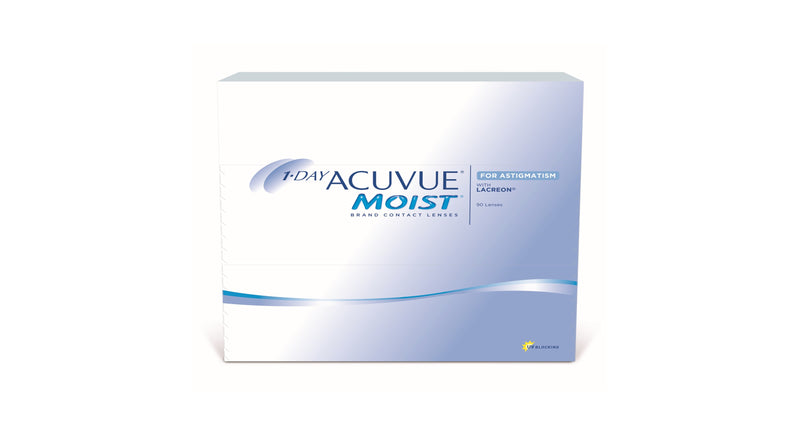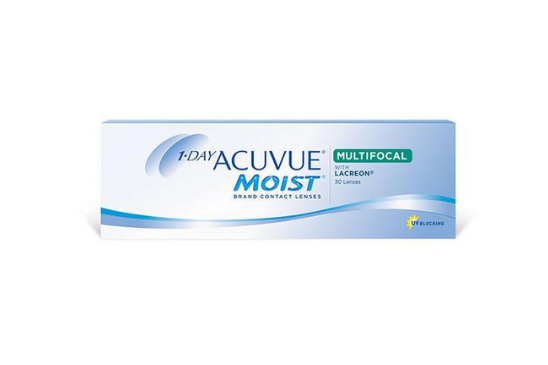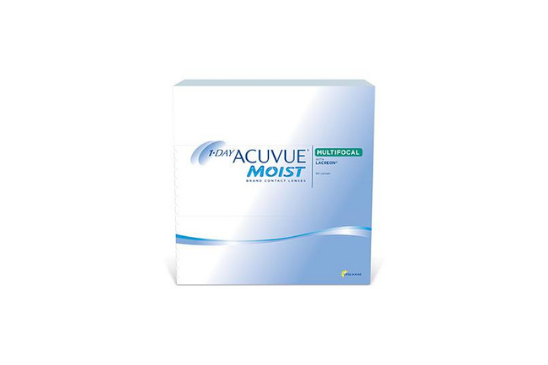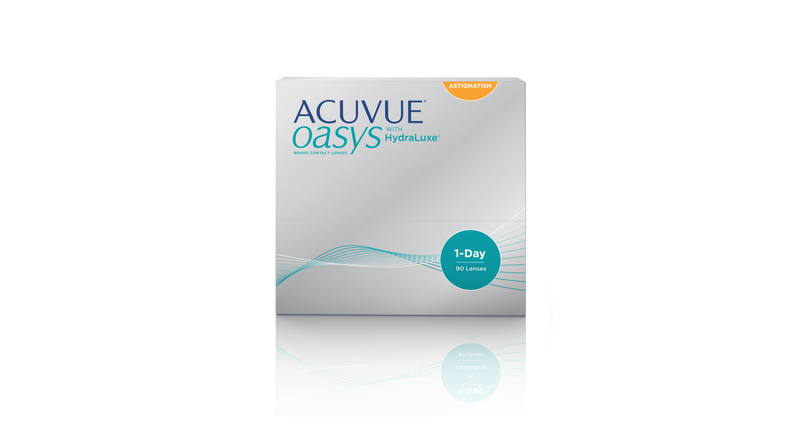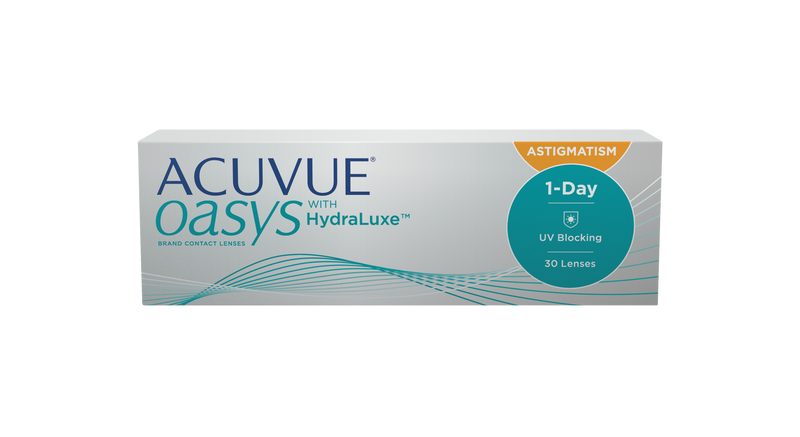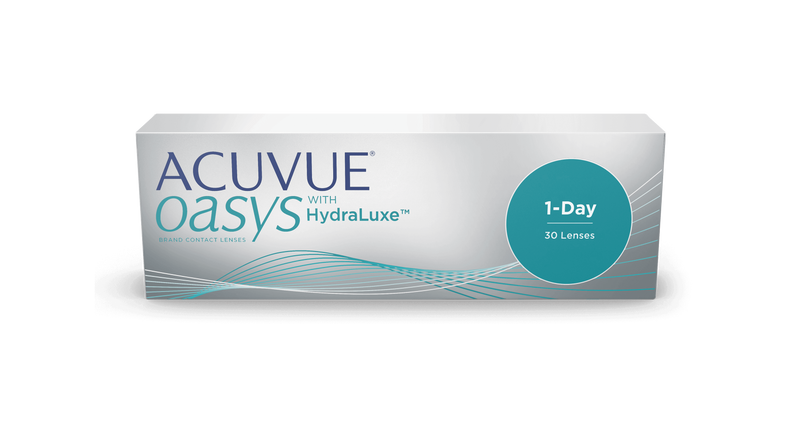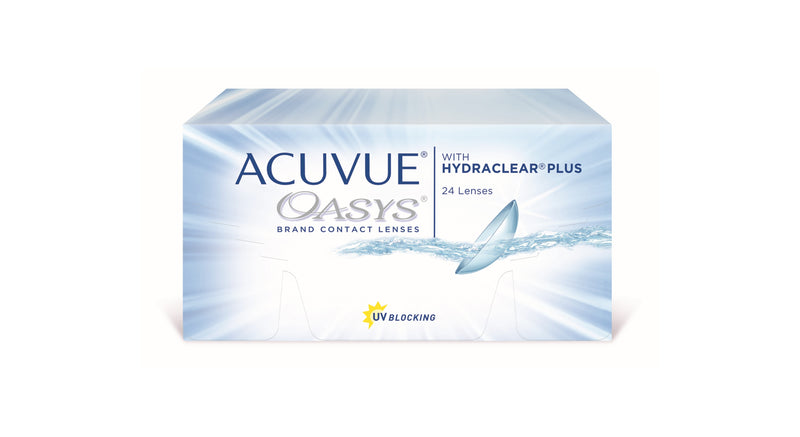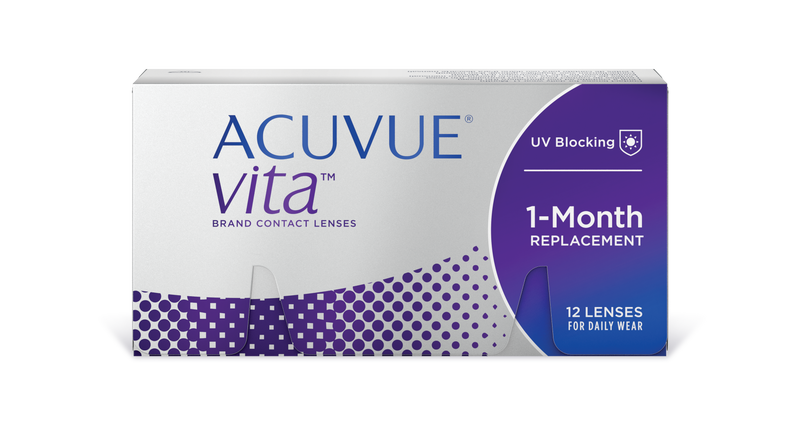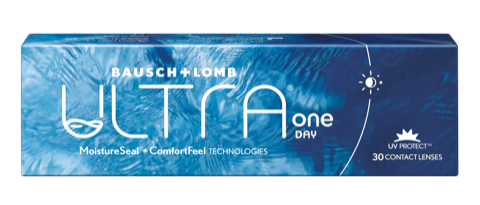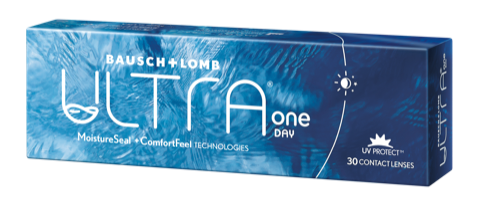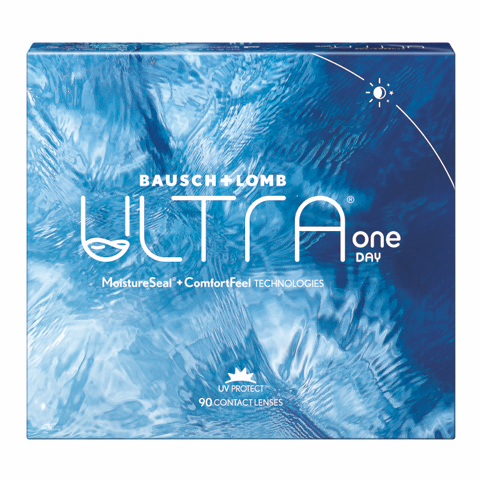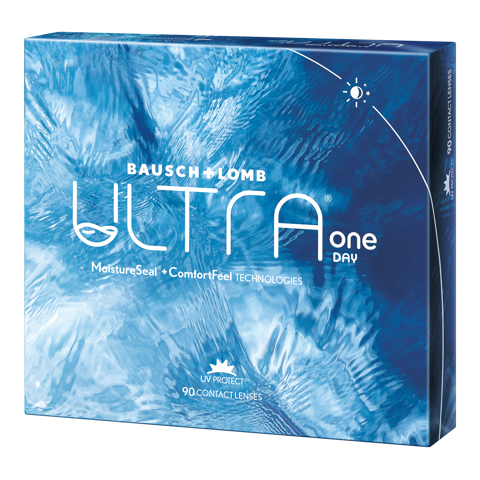
Pollen Count Surrey BC: The Effects of Seasonal Changes on Eye Health
Share
As the seasons shift in British Columbia, so does our lifestyle, and interestingly, the health of our eyes can also experience changes. Understanding how different seasons affect our eyes can help us take appropriate preventive measures to maintain optimal eye health all year round. Let’s delve into how each season can impact your vision and what you can do to protect your eyes.
Spring: Allergies and Eye Irritations from Weed Pollen
With the arrival of spring, flowers bloom and grass grows, but unfortunately, so does the pollen count, including grass pollen. Many individuals suffer from seasonal allergies which can severely affect the eyes, leading to symptoms such as redness, itchiness, and watery discharge. Monitoring the pollen forecast can help you prepare for potential allergy symptoms and take preventive measures.
Preventive Measures:
-
Stay Indoors: Try to stay inside during high pollen days if you are particularly sensitive.
-
Wear Sunglasses: Protect your eyes from pollen and UV rays when outdoors.
-
Use Allergy Eye Drops: Consult with your optometrist to find suitable eye drops that can alleviate itchiness and discomfort.
-
Keep Windows Shut: To prevent outdoor pollen from entering your home, keep windows shut and use air conditioning or a HEPA purifier.

Summer: Sun Exposure and Water Activities
Summer in Canada means more sunlight and more time outdoors. Exposure to excessive UV rays can lead to conditions like photokeratitis (sunburn of the eye) and can accelerate issues such as cataracts and age-related macular degeneration.
Preventive Measures:
-
Wear UV-Protective Sunglasses: Always wear sunglasses with complete UVA and UVB protection.
-
Wear a Hat: A wide-brimmed hat can reduce the amount of UV radiation reaching your eyes by up to 50%.
-
Rinse Your Eyes After Swimming: Chlorine in swimming pools can irritate your eyes, so it's important to rinse your eyes with fresh water after swimming.

Fall: Dry Air and Reduced Daylight
As the air turns dry in the fall, pushing up the risk of dry eye syndrome, many people experience dry eye syndrome, where the eyes do not produce enough tears, or the tears evaporate too quickly. Reduced daylight can also strain your vision, especially when performing tasks that require sharp visual focus.
Preventive Measures:
-
Use a Humidifier: To help keep the air in your home moist and prevent dry eyes.
-
Get Adequate Lighting: Ensure that your home and work environments are well-lit to reduce eye strain.
-
Regular Eye Exams: Visit your optometrist to check if you need specific treatments or eyewear adjustments.

Winter: Indoor Heating and Reflections from Snow
Indoor heating systems in winter can decrease indoor air quality and dryness, increasing the risk of dry eye symptoms. Snow and ice can reflect UV rays which can be just as harmful as summer sun exposure.
Preventive Measures:
-
Use Artificial Tears: To keep your eyes moist, consider using artificial tears or lubricating eye drops.
-
Protect Against Glare: Sunglasses or goggles that protect against UV light are just as important in the winter, especially when participating in outdoor sports like skiing.

Each season brings its unique challenges to maintaining eye health, but with the right precautions, you can enjoy the beauty of each season without compromising your vision. If you experience any persistent eye discomfort, it's always best to consult with your optometrist. At Look Optometry, we're here to help you navigate all your eye care needs through the changing seasons. Schedule your appointment today to ensure that your vision is protected year-round!
